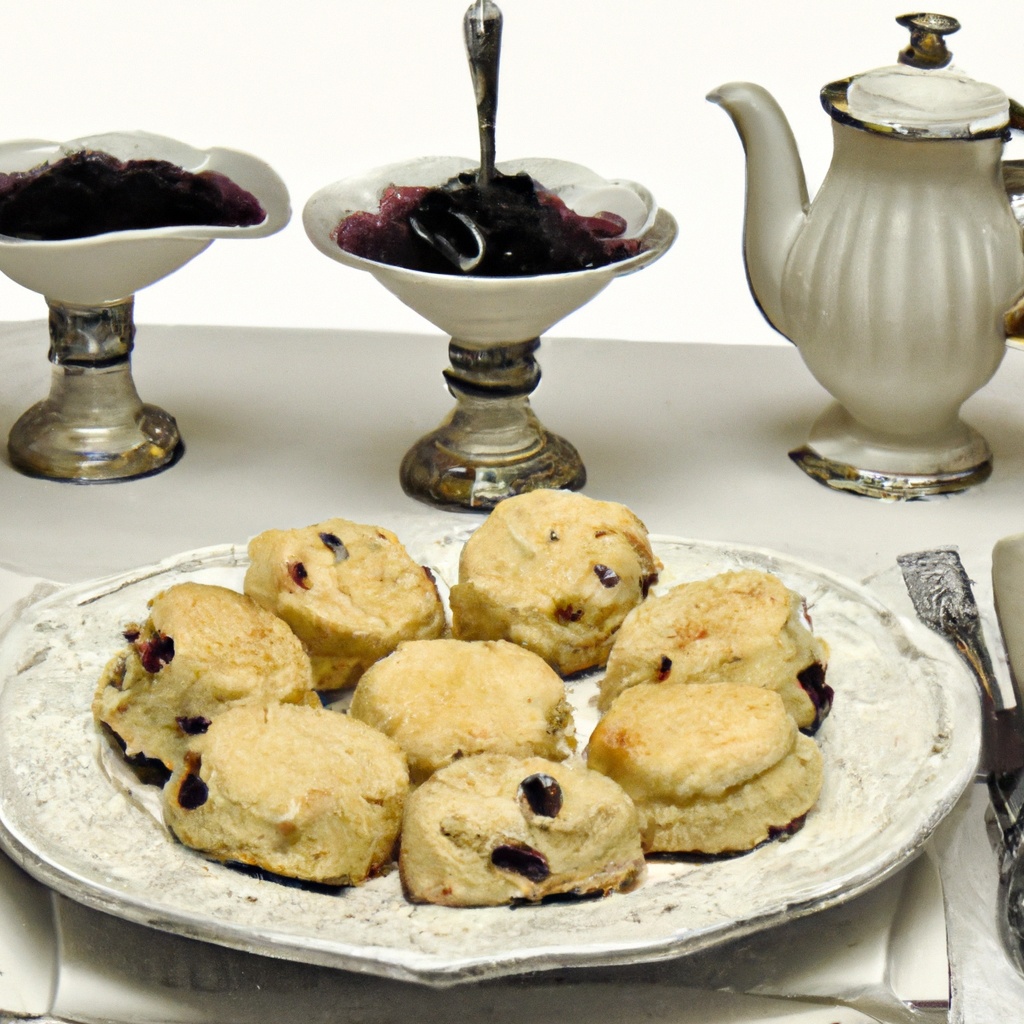PROS
These scones are a classic English recipe, and they are perfect for breakfast or afternoon tea.
You can serve them with jam and cream or butter and honey.
They are easy and quick to make, and you can freeze them for later use.
CONS
The scones are high in calories and fat, so they should be eaten in moderation.
The dough can be a little bit sticky and messy to work with, and it requires some kneading to get the right texture.
HEALTH & BENEFITS
Although scones are not very healthy, they can be a good source of energy and carbohydrates. The currants in this recipe are a good source of vitamin C and antioxidants, which can help protect your cells from damage caused by free radicals. The buttermilk is also a good source of calcium and protein.



/rating_off.png)
Leave a Reply